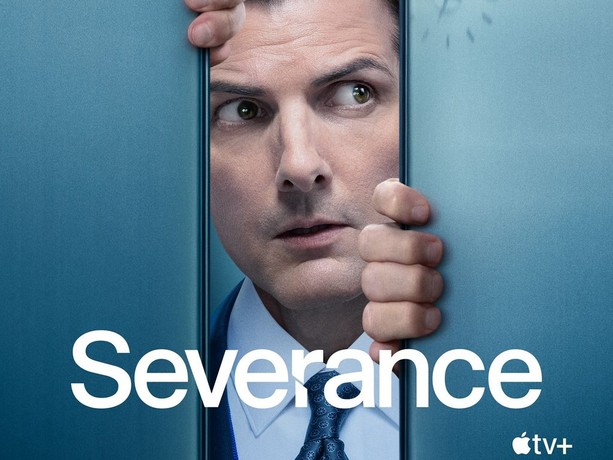You may have read the article in last week’s Bad 5 Dollar Vape entitled “Senate President Jumps off Union Clock Tower” penned by one Henry M. Robert. In fact, I wrote that article. Serving as the Senate’s Secretary, although formally as Chief Information Officer, who is functionally responsible for serving as a parliamentarian for the Senate, I obtained the pen name from the original author of Roberts Rules of Order, General Henry M. Robert, a handbook to parliamentary procedure.
I apologize, and I would like to take responsibility for it. In hindsight, it is apparent to me now that an issue of the Vape was not the place to share this subgenre of Satire. While the Vape is designated at a Satire piece, what I submitted was a much darker form of Satire referred to as Black Comedy or Gallows Humor. In contrast to the other stories, this involved something so much more taboo, namely, a successful suicide. While the story was taken down, I find it useful to summarize it here to show what was inappropriate. I feel that without a summary, some might find it difficult to understand what precisely might have been triggering.
Portrayed in my story is a failure of an organization. It seems it can’t get anything complete. It took two-thirds of the month of March for a meeting of the Senate to be called to order. And they primarily discussed internal concerns instead of more general concerns involving the Student Body including amending the Bylaws and passing a budget. In both cases, neither was doing well. The Bill concerning the Bylaws actually had to be passed a second time at the following meeting because the first vote was invalid. And the budget, having to be presented three weeks before the annual meeting was, in reality, introduced only nine days prior.
In its impenetrable struggles, members have trouble supporting a chief officer at a loss. When it became clear to the president that he would have to continue serving, given the pressures everyone was facing, he is portrayed, falsely, as committing suicide. And the organization appears forever stagnant and complacent, ultimately offering pathetic token-statues and poorly-timed wakes for the deceased leader that seems to expose the carelessness of the portrayed organization. The three “gifts” given in reaction to the death demonstrate that the group had only a very limited understanding of community, believing that the most appropriate way to react was to spend money instead of evaluating practices or making more serious and consequential change.
I imagine many members of the Senate, at least those being realistic with themselves, have trouble denying that much of this line, obviously with the exception of the death, reflects reality well. But it was the part of the line involving suicide that some found problematic.
Members of the URI Community approached me, concerned that this story maintains the dangerous potential to trigger members of our community who are facing struggles to escape mental illness.
This article was also intended for a specific audience, and I believe it met that audience, but it also met a much larger audience which I should have taken into account before submitting the piece.
Again, I sincerely apologize for not thinking ahead of my actions.
P.S.
I would also just like to take the opportunity to address Pheme. There are suggestions moving around the Memorial Union and URI generally that this was a production of the URI Student Senate, of which I am a member. But this is simply untrue. I wrote this article almost exclusively on my own with some authorial support from a friend.
Zacary Taylor
Chief Information Officer, Student Senate



